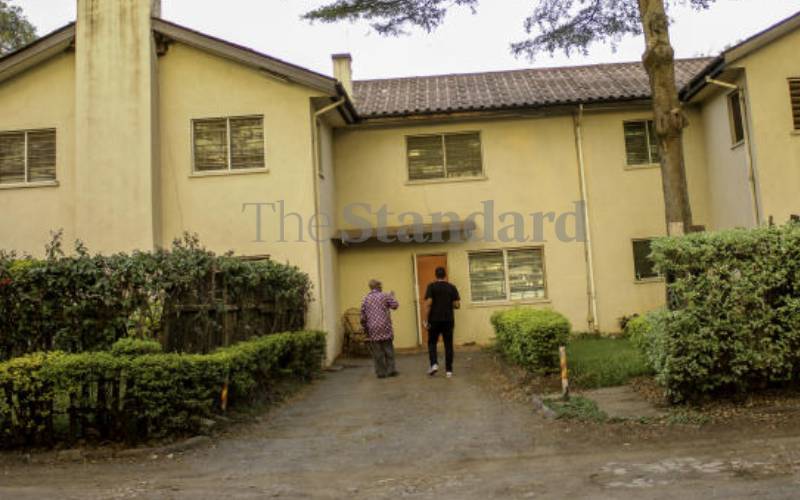×
The Standard e-Paper
Join Thousands Daily

House where President Chakwera used to live when he was a lecturer at Kenya Assemblies of God (KAG) University. [File, Standard]
For President Lazarus Chakwera, his has always been an intricate balance between the church and politics.